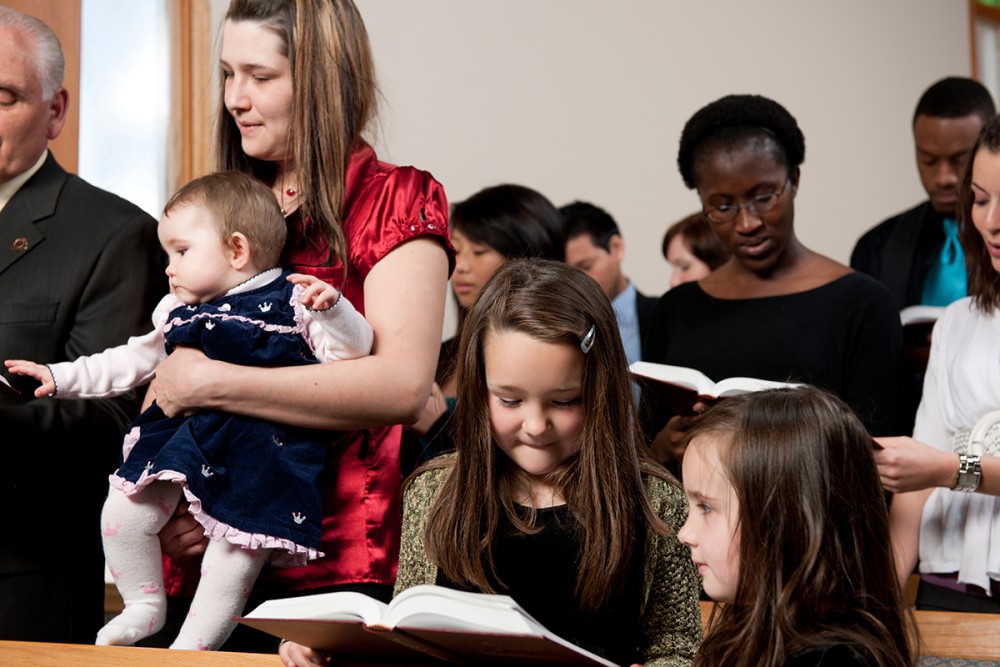A congregation’s commitment to live out “We do”
We say these words a lot. Lately I’ve noticed what it looks like when we follow through.

An hour before a recent wedding, as I grabbed my microphone to get ready for a sound check, I greeted a family who attended the church I served. Leaning in for a hug, I said, “It’s so good to see you.”
“You too! You get to marry Alex and Meaghan. And today is Charlotte’s baptismal anniversary, right?”
It took me a minute before I responded. “Yes, it is.”




